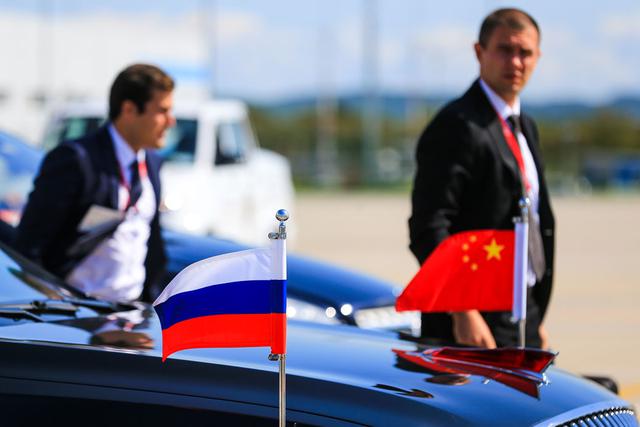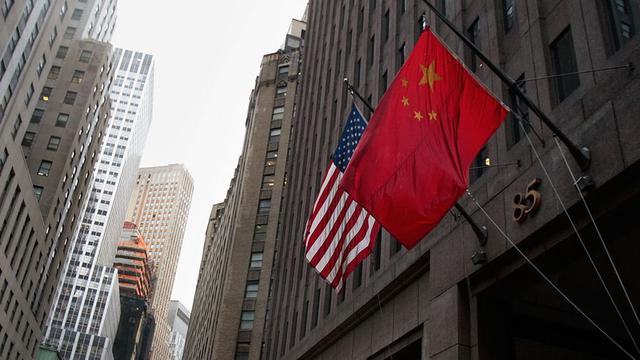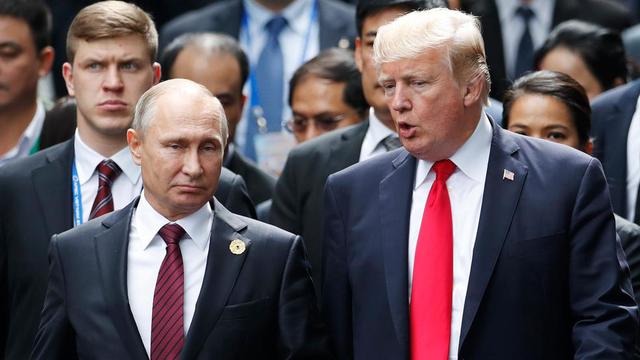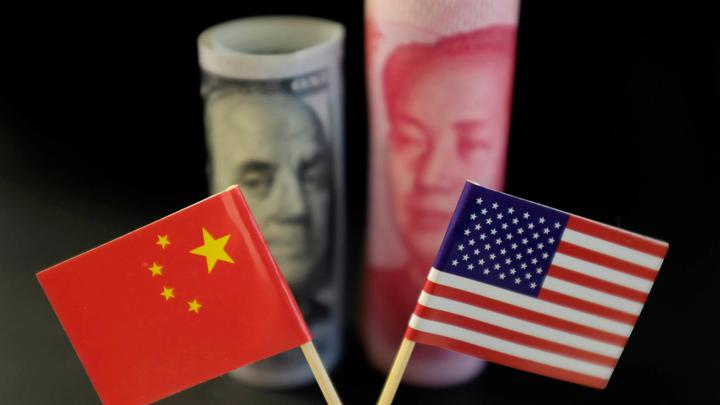By APD writer Alice
The United States began to consider China a major threat, although Russia ever challenged the West when annexing Crimea.
Over the past 3 years, Russia has lost its position as the main competitor of the US and this role has shifted to China.
US President Donald Trump's administration began to see China as the greatest threat, both in terms of technology and weapons, despite the fact that Russia directly challenged the West of the world order when annexing Crimea in 2014.
Beijing is acting in a new position, with its increasing global influence.
According to a recent article on the Russian daily NG, in recent years, Beijing has invested heavily in military activities in the South China Sea - which is considered to have caused countries with sovereignty over the region to bear “unacceptable charges” to carry out preventionactivities.

Besides, China has also participated in disaster relief campaigns and international activities such as fighting pirates in the Middle East.
The article argues that during this decade, China will continue to use its military and economic resources abroad, including for the purpose of monitoring US operations in the Middle East and Africa. However, the expansion of foreign projects is hardly expected in this period.
The fixed area of influence of the People's Liberation Army (PLA) of China may remain the same until 2030, because it bases on infrastructure and civilian foundations to support its expeditionary activities.
The article predicts that after 2030, the PLA will likely rely on specialized military facilities, in addition to the existing logistics base in Djibouti. And by 2035, in theory, the PLA's capabilities will allow it to carry out combat operations at a higher level than abroad.
In this context, the US leaders are recommended to carefully monitor China's capital inflows into facilities and equipment that can guarantee expeditionary operations.

The US recognizes that China knows how to use logistics centers in countries where there is no American presence," a study concluded.
In particular, after 2030, China will probably seek additional auxiliary military bases abroad.
US Defense SecretaryMark Esper also disclosed that China is top of the country's list of most dangerous military rivals.
He told military chiefs that the US needed to match Beijing's capabilities by recalibrating training and operations.
In a message to Pentagon staff marking his first year in the role, he said the US must make China 'the pacing threat in all our schools, programmes and training'.
'We are now in an era of great power competition and China, then Russia, constitute our top strategic competitors,' he added.

“Today, the international rules-based order that America and its allies have worked hard to establish is being tested … China first and Russia second are now the department's top priorities,” Esper said at the Council on Foreign Relations in New York.
“Both nations are rapidly modernising their armed forces and expanding their capabilities into the space and cyber domains, emboldened by the growing strength of their militaries. Beijing and Moscow are not only violating the sovereignty of smaller states, they are also attempting to undermine international laws and norms that advantage themselves,” Esper said.
He also raised his concerns about Beijing's growing influence in the Pentagon’s annual report to Congress, released in May, on China’s military power and development.
“Over the coming decades, Chinese leaders are focusing on realising a powerful and prosperous China that is equipped with a 'world-class' military, securing China's status as a great power with the aim of emerging as the pre-eminent power in the Indo-Pacific region,” the report found.
Esper added that the US would contain China – and re-ensure the existing international rules and orders – by further strengthening relations with its traditional allies.
(ASIA PACIFIC DAILY)
